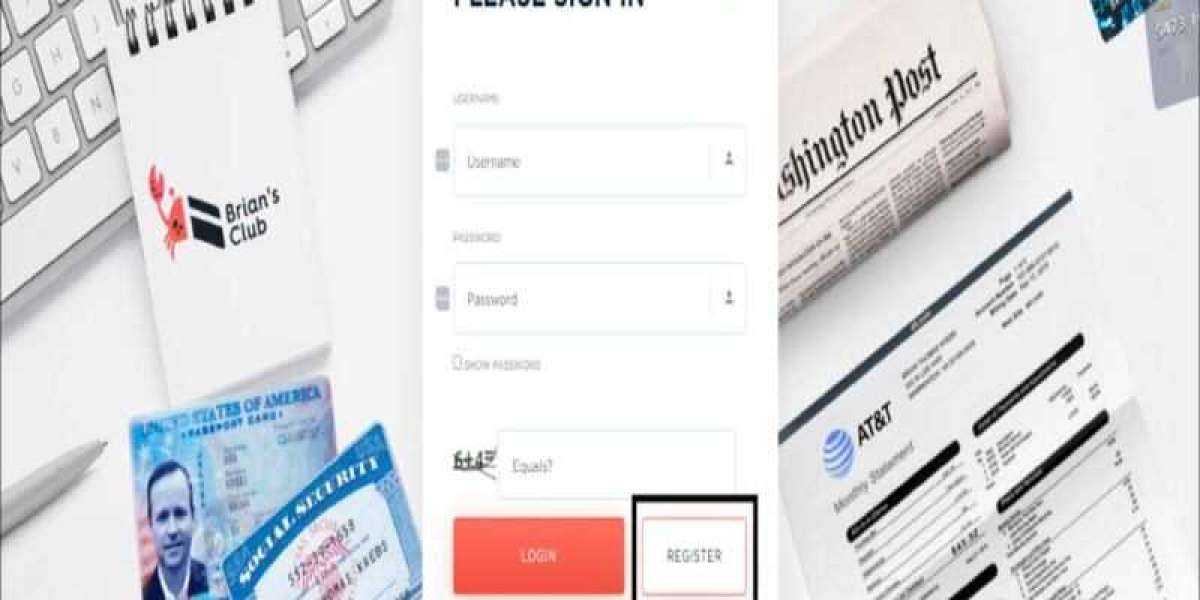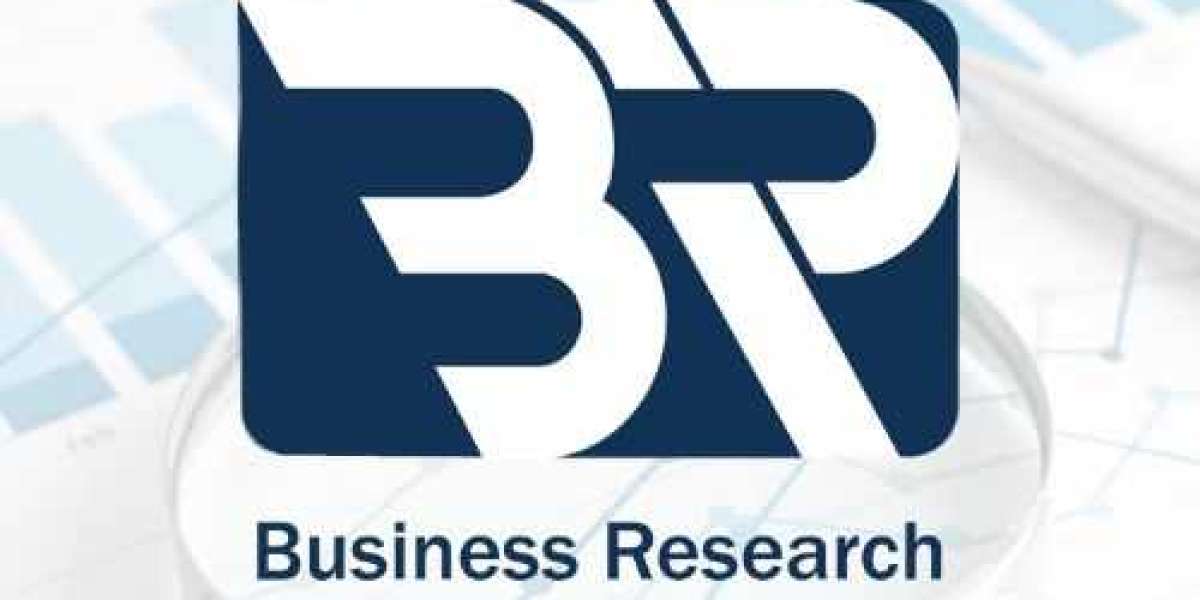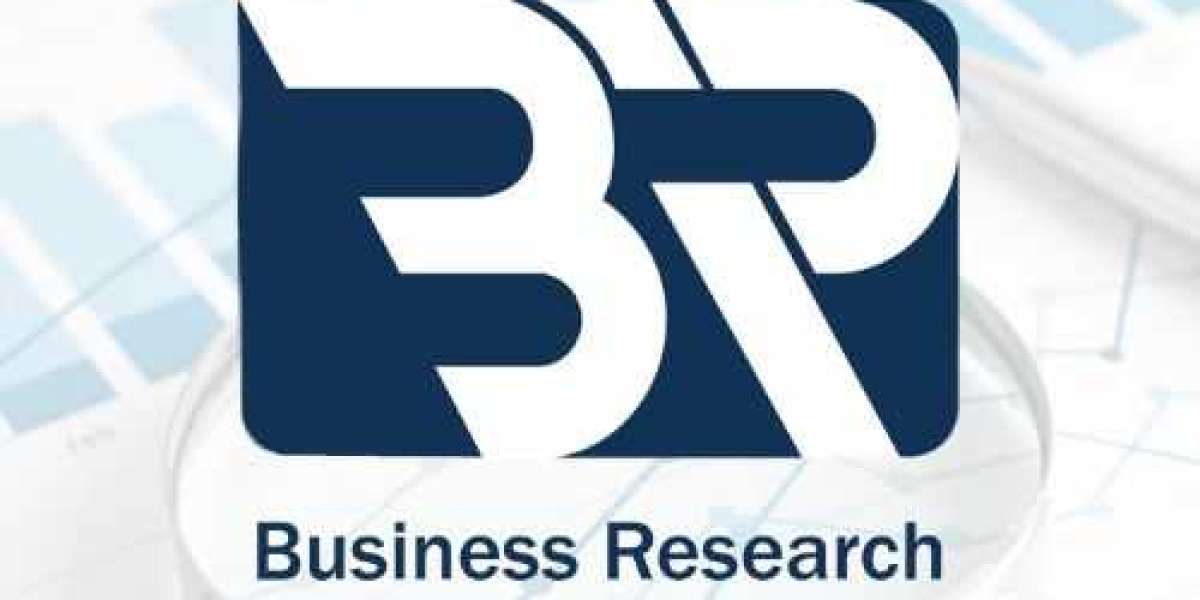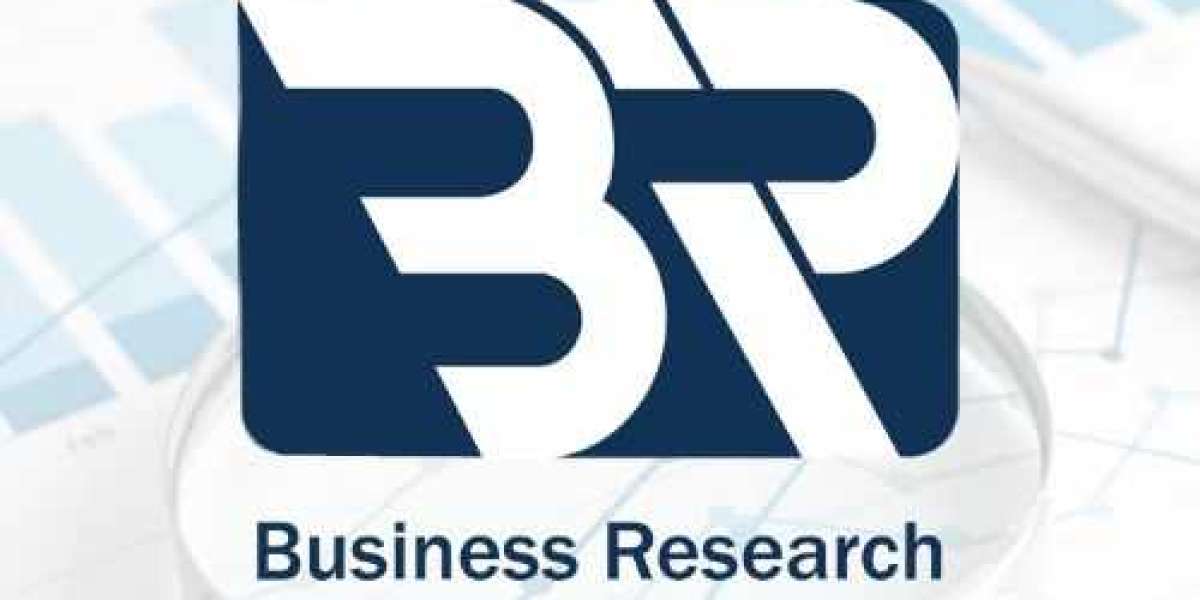In the realm of cybercrime, terms like "dumps" and "CVV2" are frequently encountered, especially when exploring platforms such as Bclub. These terms might seem mysterious, but they play a significant role in the underground economy of stolen credit card information.
What are Dumps and CVV2?
"Dumps" refer to the data captured from the magnetic strip of credit and debit cards. This data includes crucial details like the card number, expiration date, and sometimes the cardholder’s name. Cybercriminals can obtain this information through various means, such as skimming devices or hacking into point-of-sale systems. With this data, they can create counterfeit cards to make unauthorized purchases.
The term "CVV2" refers to the three or four-digit security code found on the back of most credit cards. This code is used in online transactions to verify that the cardholder has the physical card in their possession. When cybercriminals have access to both dumps and CVV2 codes, they can conduct fraudulent transactions more successfully.
The Role of Bclub
Bclub is a marketplace where individuals involved in cybercrime buy and sell dumps and CVV2 codes. These platforms are structured to facilitate the trade of stolen card information. Sellers on Bclub list stolen data, and buyers purchase this information to commit fraud. These marketplaces often have rating systems to help buyers find reliable sellers, making the illegal trade more efficient.
Protecting Yourself from Fraud
Given the existence of platforms like Bclub, it’s essential to take measures to protect your financial information. Here are some practical tips:
Regularly monitor your bank statements: Keeping an eye on your accounts can help you quickly identify any unauthorized transactions.
Use strong, unique passwords: Create robust passwords for your online accounts to prevent unauthorized access.
Enable two-factor authentication (2FA): Adding an extra layer of security makes it harder for criminals to access your accounts, even if they have your password.
Be cautious with your card details: Avoid sharing your card information over the phone or via email, and be wary of suspicious websites.
Understanding the dynamics of Bclub and the terminology used can help you stay vigilant and protect yourself from becoming a victim of cybercrime. By taking proactive steps, you can safeguard your financial well-being against the threats posed by these underground marketplaces.







